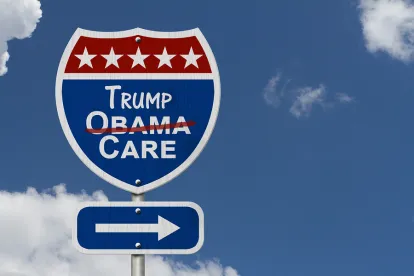Even as Senators continue to consider “Graham-Cassidy,” the latest Affordable Care Act (ACA) repeal legislation, insurance markets are already reacting to uncertainty and instability brought about by persistent GOP efforts to upend the post-ACA insurance landscape. Between the Trump Administration’s ongoing refusal to commit to long-term funding of the ACA’s cost-sharing reductions (CSRs) and legislative overtures to repeal key portions of the ACA, premiums have increased, insurers have exited state exchanges, and access to health care coverage has been compromised.
As the Congressional Budget Office (CBO) recently estimated, insurers are expected to “raise premiums for marketplace plans in 2018 by an average of roughly 15 percent, largely because of uncertainty about whether the federal government will continue to fund CSR payments and because of an increase in the percentage of the population living in areas with only one insurer.” Speaking to the latter factor, CBO notes that a number of insurers have withdrawn from healthcare exchanges established under the ACA, spurred, at least in part, by “uncertainty about the enforcement of the individual mandate, and uncertainty about the federal government’s future payments for [CSRs].” Although ACA proponents’ (and critics’) most dire predictions were narrowly avoided – that some counties would have no insurers offering marketplace plans – there is little doubt that insurer participation has been adversely impacted by market uncertainty, with pocketbook repercussions for policy-holders.
The turbulent political climate is also likely to reduce the number of insured individuals in 2018. CBO and the Joint Committee on Taxation anticipate lower insurance enrollment as a result of reductions in federal-sponsored advertising and outreach. Department of Health and Human Services officials recently indicated that the advertising budget for the open enrollment period commencing in November would be reduced to $10 million, amounting to a 90% reduction when compared to spending in the last year of the Obama Administration. Grants to “navigators” – nonprofit groups that assist people with marketplace insurance plan enrollment – will be reduced from approximately $63 million to $36 million.
Whether or not the worst is yet to come will hinge on the fate of Graham-Cassidy and the presently-stalled efforts to reach consensus on a bipartisan ACA stabilization bill. In what is turning out to be a recurring theme in 2017, we may have to wait several weeks for the dust to settle and reasoned prognostication to be possible.




 />i
/>i

